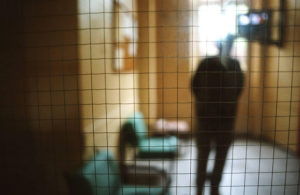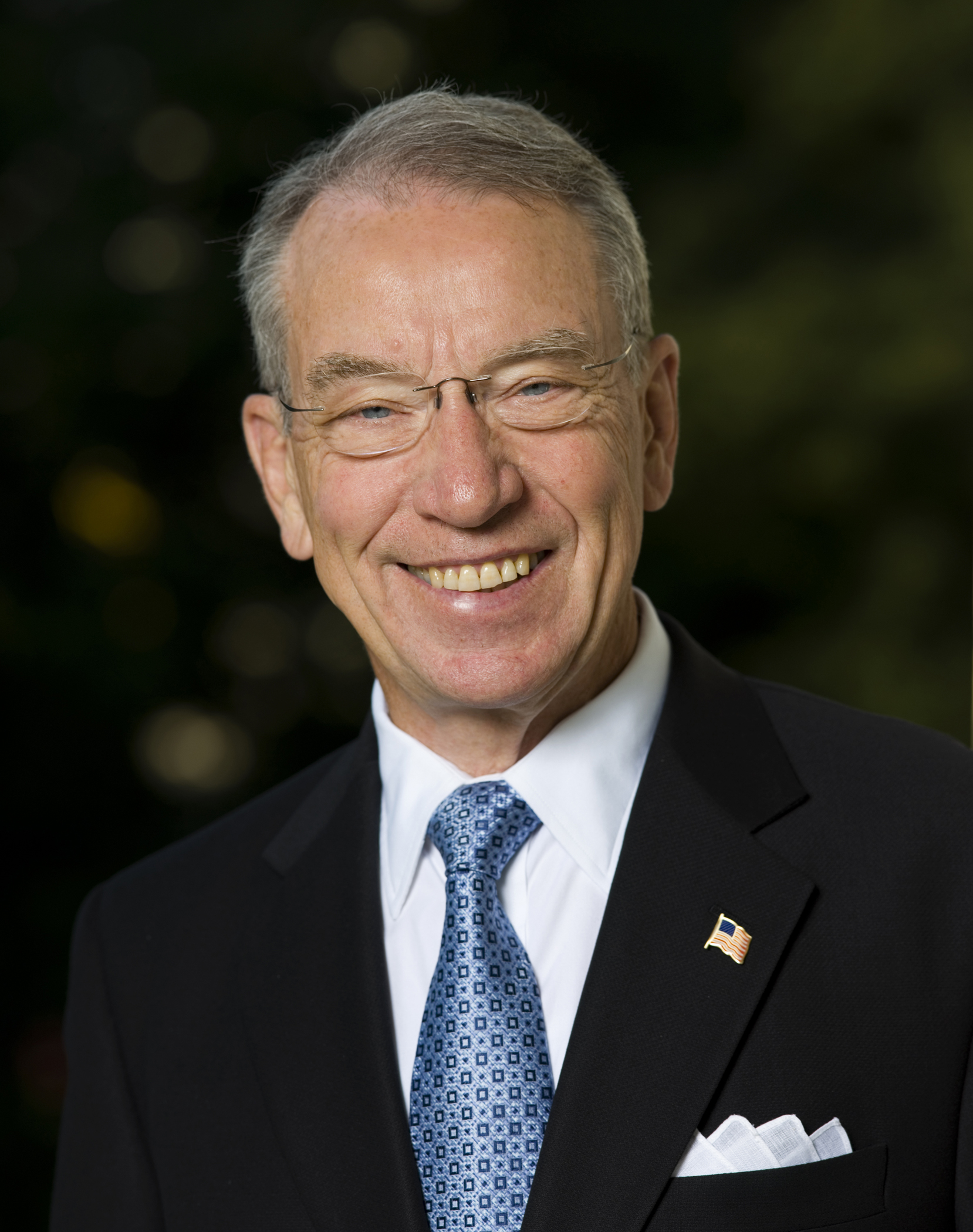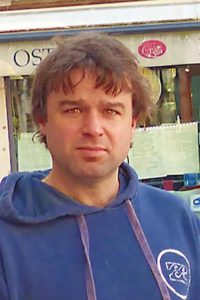Mike Miner and I were inseparable buddies in our last year in the School of Journalism at the University of Missouri. In those lamb-white days of spring 1963 that meandered innocently toward the world-shattering assassination of the following fall, we rollicked through the kind of friendship that has mostly gone missing in the present world of dread and suspicion and the bristling arsenals of hip.
We played some college pranks. One of them I think involved a football in a classroom; I can’t remember much more than that. We covered sports together for the J-school daily newspaper, we got permission to resurrect the campus humor magazine, Show Me (recently banned for, horrors, profanity). We saved our quarters and pooled them to treat ourselves once a month to a $1.50 pizza in town. We went to the movies and entertained grateful patrons around us by shouting wisecracks at the screen. We showed our Brando-esque wildness (“What are you rebelling against?” “Whadday got?”) in other ways: by sliding saltshakers across restaurant table surfaces, hoping they would hover on the very edge, until one didn’t and the waitress rushed at us.
You know. Wild stuff like that.
And we talked and talked. About the “future.” About what we would “be.” And we wrote and wrote. Newspaper articles, jokes for the humor mag, stuff.
We kept the friendship together after graduation. Mike went into the Navy and I wangled a magazine assignment to Hawaii that coincided with his ship docking at Honolulu, and we did that town. (Saw the John Wayne/Patricia Neal navy movie “In Harm’s Way” together; walked out of the movie theater verklempt, although we’d never heard of that word then. Drowned ourselves in chocolate milkshakes.) Then I went back to Chicago and Mike went off to the South China Sea.
He made it through. After his tour was over, we newspapered together in St. Louis and then Chicago. Toured Ireland and London, and my easy, delightful companionship tested the limits of Mike’s capacity to long-suffer.
And then. . .you know. . .time is the longest distance between two places. . .I headed to New York; Mike stayed in Chicago.
 I always believed that Michael was destined to be the major writer between us. He knew theater, and knocked out several good plays and wonderful poems. His wit was sly and dry, and his literary gifts even then were enormous. He was better than I ever was. Still is.
I always believed that Michael was destined to be the major writer between us. He knew theater, and knocked out several good plays and wonderful poems. His wit was sly and dry, and his literary gifts even then were enormous. He was better than I ever was. Still is.
And lo and behold, he did become the major writer. At a weekly paper called The Reader, he has built a name for himself as an institution of superb, intrepid reporting and a writing style that could keep company with Ben Hecht, Mike Royko, all those Windy City giants. Whereas I was kind of a nomad, Mike committed himself to a place, and mined it deeply for story. Some other pretty good writers have done that. Faulkner.
We kept in touch a little. Facebook made it easier when it came along. Still, it was sporadic.
In July 2005 the “future” arrived for me. Right between the eyes. My younger son Kevin, deep in schizoaffective disorder, hanged himself in the family basement.
A decade later I got it together enough to write my book about mental illness: NO ONE CARES ABOUT CRAZY PEOPLE.
And then, this week, my old friend Mike showed up again. In the form of the review that you will find below.
You talk about verklempt. You talk about friendship.
Thanks, Mike. Game of saltshakers sometime?
In No One Cares About Crazy People a father addresses his sons’ mental illness

Ron Powers’s sons Dean, left, and Kevin, right, pictured here as children, both later suffered from schizophrenia.
As you read No One Cares About Crazy People you might think it’s two books or you might think it’s one. There’s the book author Ron Powers tells us that he set out to write—a critical history of societal responses to mental illness—and there’s the personal story that compelled him to write this book—the raising of two sons who became schizophrenic, one of whom killed himself. An agent told Powers that to write one he must write the other. And so he has.
For a time beginning in college and continuing to the Sun-Times—where he won a Pulitzer Prize for TV criticism in the early 70s—Powers and I were close and had the forward-looking conversations young men have. Never—I repeatedly thought as I turned the pages of Crazy People—did anything cross our imaginations close to what lay in wait.
Crazy People is his response to that rendezvous. It draws on the wit and anger I remember, on research compelled by circumstance, and on paternal devotion then untapped in either of us. Powers has collaborated before—with Ted Kennedy on Kennedy’s memoir, and with James Bradley on Flags of Our Fathers. In Crazy People, Powers, the reporter and stylish writer, collaborates with himself, the father with a story.
The social history of mental illness, no reader will be surprised to learn, is doleful.
“The world of mental illness,” Powers writes, is everywhere; it hides in plain sight. “Its camouflage . . . little more than the human instinct to reject engagement with the pitiable, the fearsome, the unspeakable.”
Rather than illness we’d see witchcraft; rather than humans in need we’d see menace, and we’d feel a duty not to assuage agony but to hide it from sight. The places where the mad were hidden gripped the public imagination for their gothic mystery. Powers tells the centuries-long history of the London madhouse known as Bedlam; in Saint Louis, as he surely remembers from his years there, an institution for the mentally ill was known to one and all simply as “Arsenal Street.”
You kept your distance from Arsenal Street.
Mental illness can hide in plain sight because we don’t like to think about it. But take your own inventory as I take mine. Two members of my book group have grown schizophrenic children. One daughter’s closest childhood friend is schizophrenic; another daughter’s grade school Spanish teacher lost her husband when he was stabbed to death during a psychotic breakdown by their schizophrenic son.
Powers and his wife, Honoree Fleming, raised sons Dean and Kevin in Vermont, where Powers wrote and Honoree, a professor, taught biochemistry and did research. Both sons were bright and creative, and Kevin was a guitar prodigy. The instructors his parents found for him soon threw up their hands—they had no more to teach him. But he was not yet 21 when he hanged himself in the basement of his family’s home.

Do madness and creativity go hand in hand? Powers devotes a chapter to this ageless question, to which there are correlations to be cited but no clear answer. Asked by a teacher in grade school to identify human needs, Kevin wrote, “I need music.” He inhabited, his father tells us, an “inaccessible” inner world of music, though the yield of that world can still be sampled today, as in a concert at Interlochen and an album the two brothers recorded together.
Powers places emphasis on the power of stress to trigger psychosis, and much less emphasis on the role of genetics, though years earlier his own younger brother had killed himself. Creativity and stress were palpable presences in the young lives of Dean and Kevin, and it’s those lives that preoccupy their father.
One Friday night toward the end of Dean’s junior year of high school, he took a curve too fast and his car slammed into a tree. The understanding around town was that Dean had been drunk, though he wasn’t. The girl next to him suffered injuries she was years recovering from, and her parents crusaded to see Dean thrown in prison. The high school principal banned Dean’s picture from the yearbook. Awaiting sentencing, prison a clear possibility, Dean wrote, in an essay, “my life is like a river and I am being swept away helplessly.”
And in Crazy People his father writes, “These were the days and months and events, I am convinced, that launched my eldest son into his rendezvous with schizophrenia.”
But today, Powers reports, Dean’s last psychotic episode a few years behind him, “he seems in possession of himself, aware of his limitations, and ready to live on his own in the wider world.”
Powers also introduces readers to a word I’d never heard or read before: anosognosia, or, “the false conviction within a person that nothing is wrong with his mind.” Powers calls it a “cruel joke.”
I’ve always supposed the joke is that when the meds work they make the patient feel so clear-headed he decides he doesn’t need them any longer. So he hides his meds, as Kevin did, or flushes them down the drain. Then he reverts. Confronted, he lies. But Powers says changing a patient’s ways isn’t as simple as screaming sense at him or waiting for him to learn from experience. He says anosognosia is actually a physiological condition disrupting the brain’s ability to recognize the condition it’s in; it shows up in 50 percent of schizophrenia cases and 40 percent of bipolar cases.
As his book concludes, Powers puts anosognosia to use as a symbol of obliviousness and denial—our own. He has seen what the mentally ill ask of the world—which is simply a place in it.
“The mentally ill people in our lives, as they strive to build healthy, well-supported, and rewarding lives for themselves, can show us all how to reconnect with the most primal of human urges, the urge to be of use,” Powers writes. “To put it another way: the mentally ill in our society are awaiting their chance to heal us, if we can only manage to escape our own anosognosia and admit that we need their help.”
Does putting the shoe on the other foot this way seem a sentimental stretch? I would say yes—if Powers were writing only about a set of issues he wanted to wrap up in a fancy ribbon. But the project’s too personal for that. He’s told us stories about the mentally ill burned at stakes, chained in dungeons, flogged and lobotomized, and treated to à la mode theories that they’d do just fine if turned out onto the streets, that they aren’t really ill at all because crazy people are the only sane ones. This is the history of society’s predisposition not to give a damn about Dean and Kevin!
And Powers won’t have it. They speak and we must listen. They are his sons.








 This is one of my favorite photographs of Dean. I took it during our visit to Italy in 2008, three years after Kevin’s death. Honoree had dreamed of a family visit to Italy for years, and we finally made it–but not in time for our younger son to enjoy the splendors of the country with us. Dean was 27 then, still devastated by the loss of his brother–perhaps more than we realized–but still resilient, even as the “prodromal” phase of his own affliction with schizophrenia was advancing. I made this photo through the window of a cafe beside a harbor on Capri, where Honoree and I were having a light lunch. Dean, who was still capable of joy and discovery, had decided to take his notebook and pen outside, where he positioned himself on the rocks by the water, in the sunshine, and channeled his inspiration into his journal.
This is one of my favorite photographs of Dean. I took it during our visit to Italy in 2008, three years after Kevin’s death. Honoree had dreamed of a family visit to Italy for years, and we finally made it–but not in time for our younger son to enjoy the splendors of the country with us. Dean was 27 then, still devastated by the loss of his brother–perhaps more than we realized–but still resilient, even as the “prodromal” phase of his own affliction with schizophrenia was advancing. I made this photo through the window of a cafe beside a harbor on Capri, where Honoree and I were having a light lunch. Dean, who was still capable of joy and discovery, had decided to take his notebook and pen outside, where he positioned himself on the rocks by the water, in the sunshine, and channeled his inspiration into his journal.